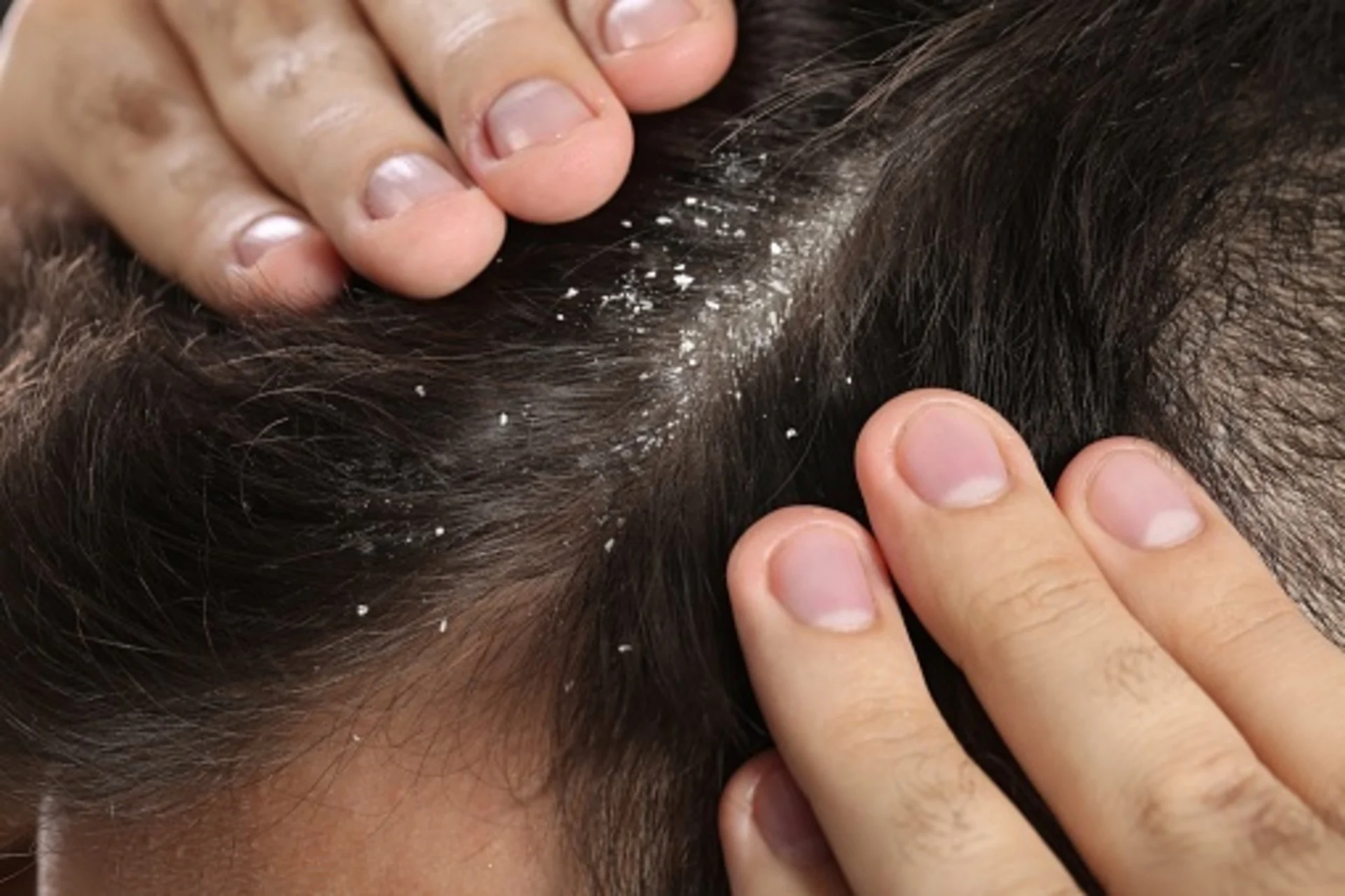
Winter brings on enough problems, this shouldn't be one of them
The weather may not be flake-free this winter, but your scalp can be thanks to these expert tips
Winter can be harsh on the scalp and lead to dandruff for several reasons.
Board certified dermatologist, Dr. Christina Huang says dandruff or scaly scalp is most common in the winter. She explains, “This can be caused by the dryness of the season and less humidity in the air.”
To combat dandruff this season, try these simple tips, courtesy of Dr. Huang:
Dry air: During the winter, the air tends to be drier both indoors and outdoors. This dry air can lead to dryness and flakiness on the scalp, which can contribute to dandruff.
Dr. Huang suggests using a humidifier. Humidifiers can help add moisture to the air and decrease water loss from your skin and scalp. Hydration is important to maintain a healthy scalp.
SEE ALSO: Winter air quality can be worse than in summer. Here's why
Daily showers: Another suggestion is to limit your shower time to 10 minutes or less, using lukewarm water. It’s important to avoid hot water as it will only contribute to more dryness.
Dry scalp: If you already have dandruff, a gentle way to remove dead skin is by massaging hair oil into your scalp. Dr. Huang says, “Not only does it break down the crusty, dry scalp, but it can also help hydrate." She recommends trying dandruff-specific shampoo, too.
Cold temperatures: Cold temperatures can cause vasoconstriction, "Which means blood vessels clamp down a little bit more, to keep blood closer to the centre of your body. Therefore there is less blood going outside to the skin.” This is a natural process that happens during cooler seasons and contributes to unhealthy hair growth and dryer scalp.
Lack of sunlight: During the winter, there is less sunlight, which can lead to a decrease in the body's production of vitamin D. Vitamin D deficiency has been linked to an increased risk of dandruff. If you think you may be vitamin D deficient, speak to your doctor about supplementation. “We get vitamin D from many sources, the sun is one of them…but, you can usually get enough of it from your diet,” Dr. Huang says. Foods like eggs, fish and low-fat milk are vitamin D enriched options, you can incorporate into your diet.
WATCH BELOW: Combat dry, brittle winter hair with these simple routine changes
(Header image courtesy of Liudmila Chernetska via Getty Images)











